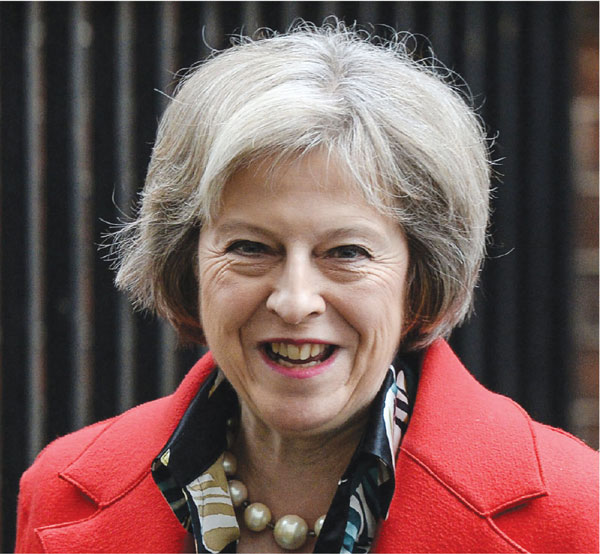FROM the unfortunate moment since the UK’s Prime Minister David Cameron announced the infamous referendum, nothing but surprises and chaos has ensued. To the astonishment and dismay of many, Brexit became a reality and ever since it has been one surprise to another.
The first surprise came when PM Cameron resigned shortly after the results. The second surprise came with the internal struggle within the Conservative Party, which resulted in Theresa May being victorious. Then came another shocker when Mrs. May decided to side-line those who opposed her during the run-up to the leadership, precipitating an unnecessary rift.
Over the following nine months, the newly-appointed Prime Minister, Theresa May, enjoyed strong support and felt invincible and became carried away with her own popularity. She appointed two young advisors, Nick Timothy and Fiona Hill, who isolated her from the party as they drafted a hard Brexit approach along with a new party policy.
Adhering to the advice of Timothy and Hill, PM May was convinced that calling a fresh election would (a) catch the Labour Party at its lowest ebb based on Jeremy Corbyn’s perceived weak leadership, (b) increase her parliamentary membership, (c) win an election under her own right and (d) giving her an extra year in office to conclude the Brexit negotiations under her terms.
On the other hand, underestimating the public’s perception of a hard Brexit and ostracising her own party members, the PM misread the mood of both the public and her party as well as those who understood the Tarzan game of politics slightly better than her. The true extent of this was forecast a fortnight prior to election date when the polls revealed that the Tories only had a 1% lead. The polls were right on target and the general elections resulted in a major setback for the Tories with a hung parliament.
The terrorist attacks prior to elections in London and Manchester, plus the Grenfell apartment block fire along with the attack against the Muslim worshipers after the general elections, simply added fuel to an inflammable situation an unpopular May administration which further shook and weakened her leadership.
Having to form a coalition with the Democratic Unionist Party of Northern Ireland has created additional stress for the PM, forcing her to amend her austerity measures and rigid approach to the Brexit negotiations which were out of synch with the Brexit remainers.
Politics continues to remain at the forefront of a rigorous and unrelenting profession, which certainly holds no role for the faint-hearted.
By Michael Chastanet













